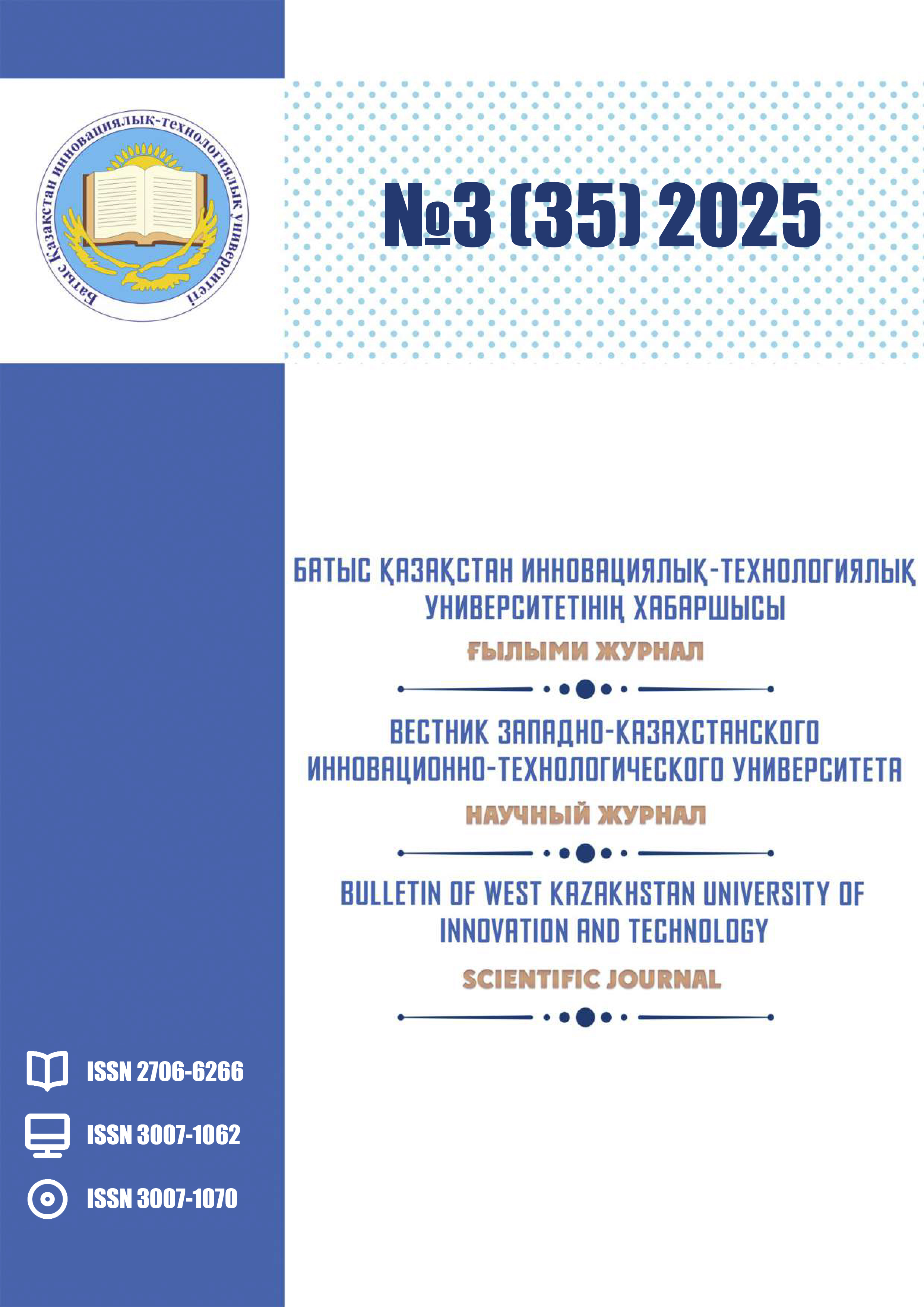THE USE OF AI TOOLS TO SUPPORT AUTONOMOUS DEVELOPMENT OF STUDENTS’ WRITING SKILLS: LINGUISTIC AND PSYCHOLINGUISTIC ASPECTS
DOI:
https://doi.org/10.62724/202530305Keywords:
Artificial intelligence, AI tools, autonomous learning, writing skills development, academic writing, linguistic aspects, psycholinguistic aspects, student motivation, self-regulation, critical thinking, feedback, adaptive learning, distance learning.Abstract
The purpose of this study was to evaluate the effectiveness of artificial intelligence (AI) tools in enhancing academic writing skills among senior foreign language students in Kazakhstan. A mixed-method experimental design was applied, including pre-intervention testing, AI-assisted training, and post-testing phases. During the intervention, platforms such as “Write & Improve” and ChatGPT were used to generate writing tasks and provide automated feedback. Students’ essays were assessed based on standardized linguistic criteria, including task achievement, coherence and cohesion, lexical resource, and grammatical accuracy. Quantitative analysis revealed statistically significant improvements across all writing components after ten AI-supported sessions. Qualitative data collected through surveys and interviews indicated increased motivation, learner autonomy, and student confidence in their writing skills. The study highlights the dual linguistic and psycholinguistic benefits of integrating AI into language education, especially within Kazakhstan’s multilingual context. The findings suggest that AI effectively complements traditional teaching methods by fostering metacognitive skills, self-regulation, and personalized learning. This research contributes valuable insights into the practical application of AI in higher education and supports its strategic integration to improve writing instruction and learning outcomes. The results are applicable to language programs aiming to develop autonomous writing skills through technology-enhanced pedagogy.

